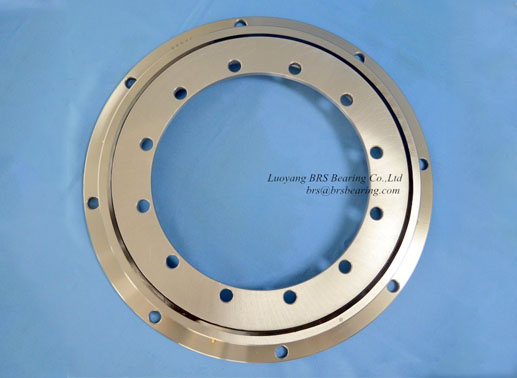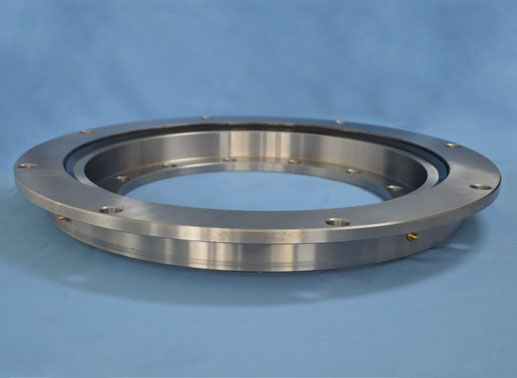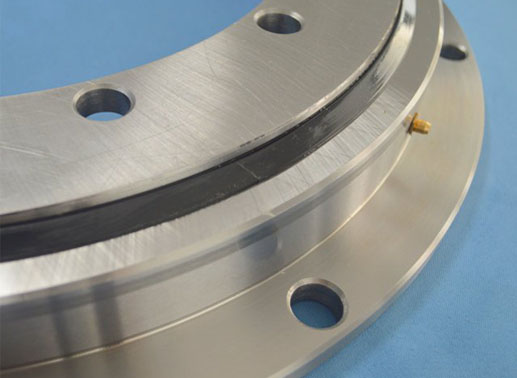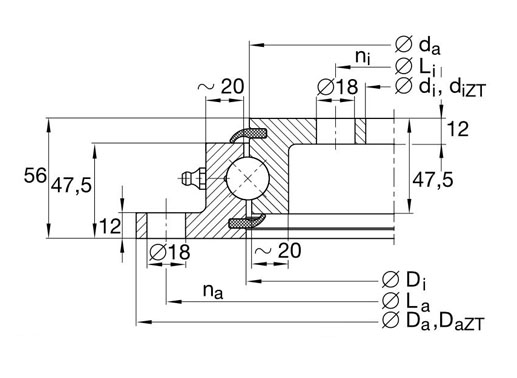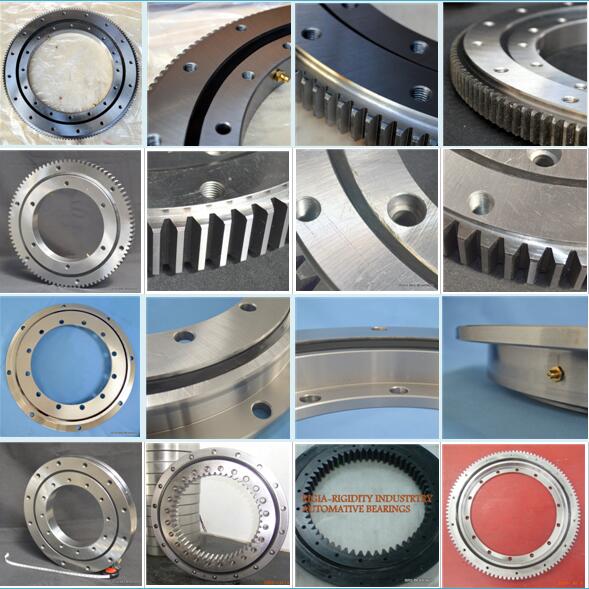-
Part NO.
Open type:VLU200544
-
Dimension
di:434mm
Da:648mm
H:56mm
-
Mounting
Li:462mm
La:620mm
-
Basic Load Ratings
Cr:123kN
Cor:145kN
Ca:188kN
Coa:385kN
-
Equivalent Model
- Features
- Mounting
VLU200544 four point contact bearings specifications:
Rolling Elements Ball Space retainer Yes Material 50Mn/42CrMo/Stainless steel Standard lubrication method Grease lubrication Lubrication hole Yes Sealing NBR sealing at both sides Raceway Hardness HRC 55 ~ 60 Working temperature -25℃ ~ 80℃ Equivalent models:
RKS.23 0541, 90-20 0541/0-37022, 23-0541-01, 230.20.0500.013 Typ 21/650.0, L6-22P9Z, SD.650.20.00.C
VLU200544 four point contact ball bearings features:
1. Support axial, radial and tilting moment loads.
2. Normal clearance, suitable for light to medium-duty arrangements which require lower accuracy.
3. Easy installation, with mounting holes on both inner and outer ring.
4. Light weight and thin section.
FAQ
1. Can I order a VLU200544 slewing bearing made of stainless steel?
Yes. BRS can produce slewing rings with customized material, such as 50Mn, 42CrMo, stainless steel, or special surface treatment(black oxide treated, zinc plated) for some severe working conditions.2. How to install VLU series slewing ring bearings?
Check the article “how to install slewing ring bearings“, or contact us directly, we’ll send you related info.3. What is the maintenance interval of slewing bearing?
After using the new slewing ring product for 100 working hours, stop the machine and check the bolt pre-tightening torque once. If more than 10% of the bolts are loose, then check again during the 200th working hour. Thereafter check once every 500 working hours after stable operation. If the slewing bearing is in bad working conditions, shorten the inspection interval.VLU200544 slewing bearings installation instructions

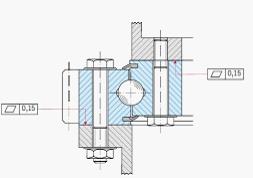
1. Make sure the mounting surface is flat and clean, and free from burrs or
rough edge.
2. The unhardened zone is marked with an “S” on the slewing ring, it must be positioned outside the main load-carrying areas.
3. Commissioning of the slewing ring under sufficient load.

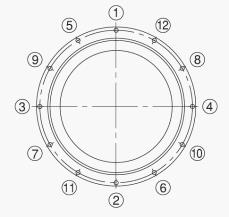
4. Adjust the backlash of gear and recheck it after final tightening of the bearing.
5. Fastening bolts. Place the bearing onto connecting structure and align the screw holes. Screw all the bolts in the holes first and follow the order as shown in diagram when tightening bolts in diagonally opposite sequence. Do not tighten bolts randomly.
6. Check the installation by rotating the assembled bearing arrangement. The torque should not show any excessive variation or “tight spots” during rotation.

